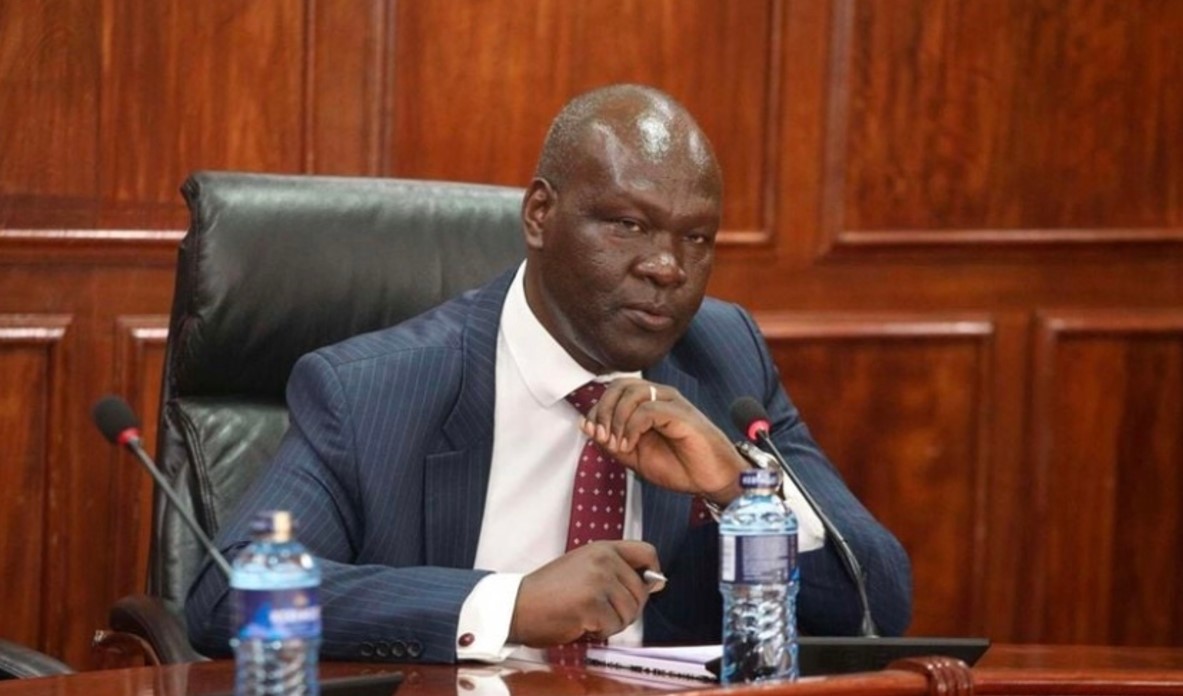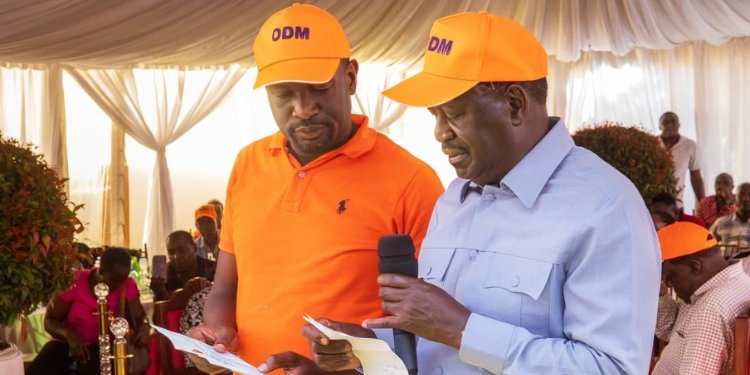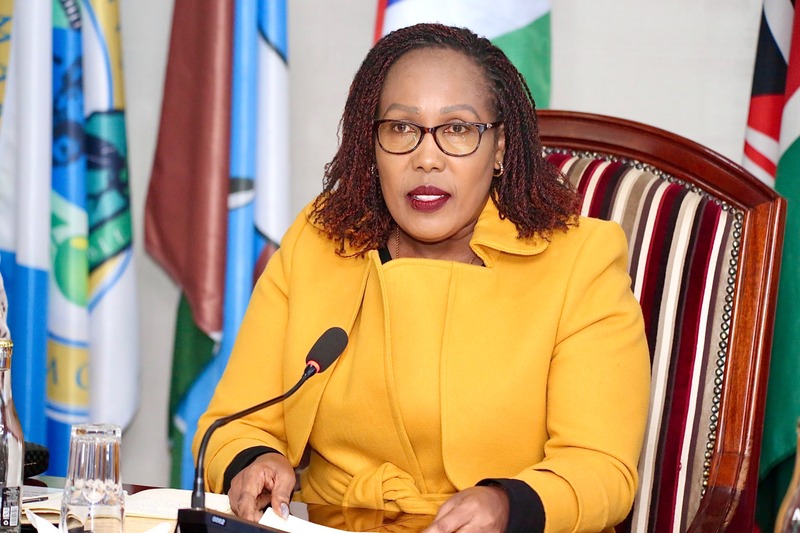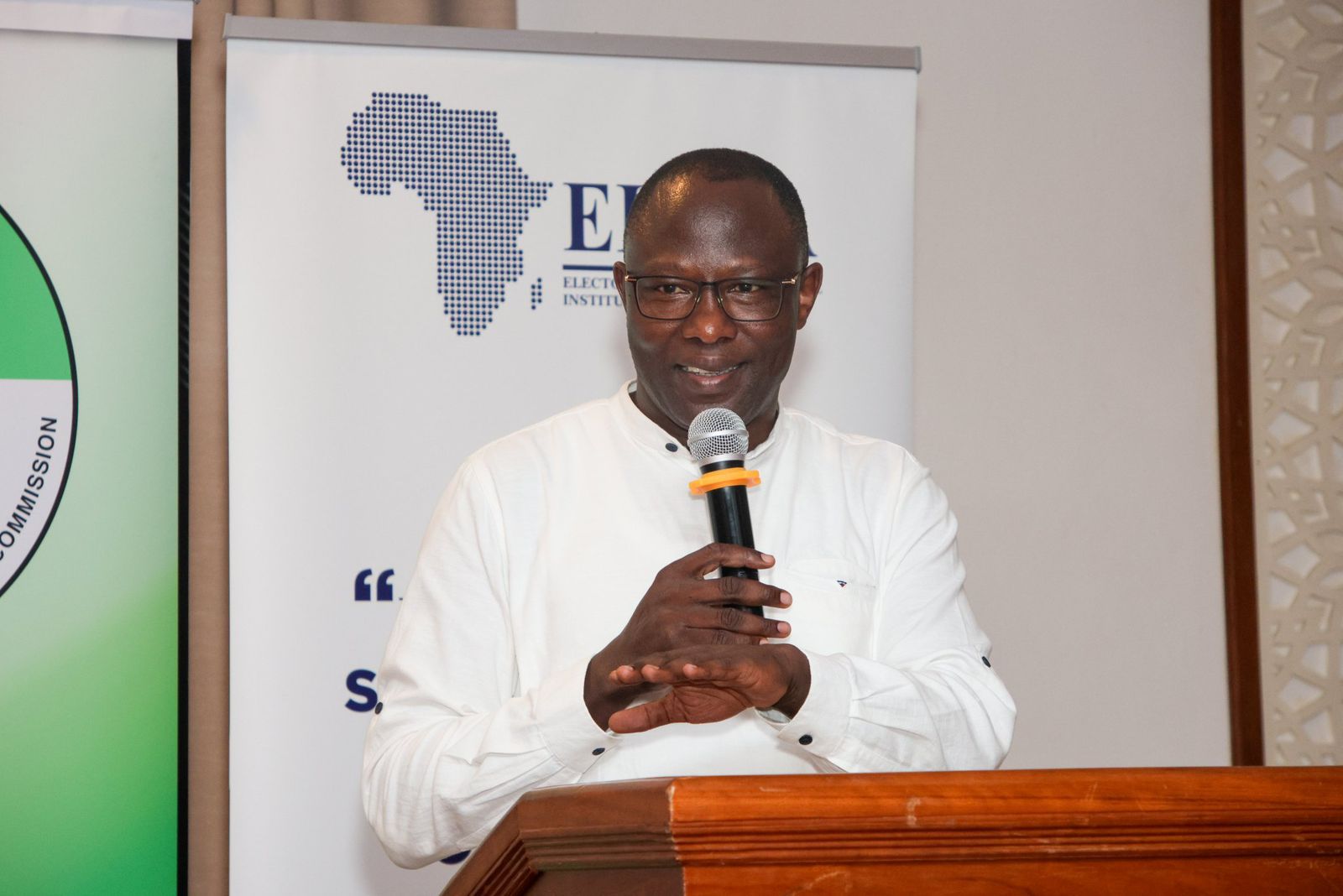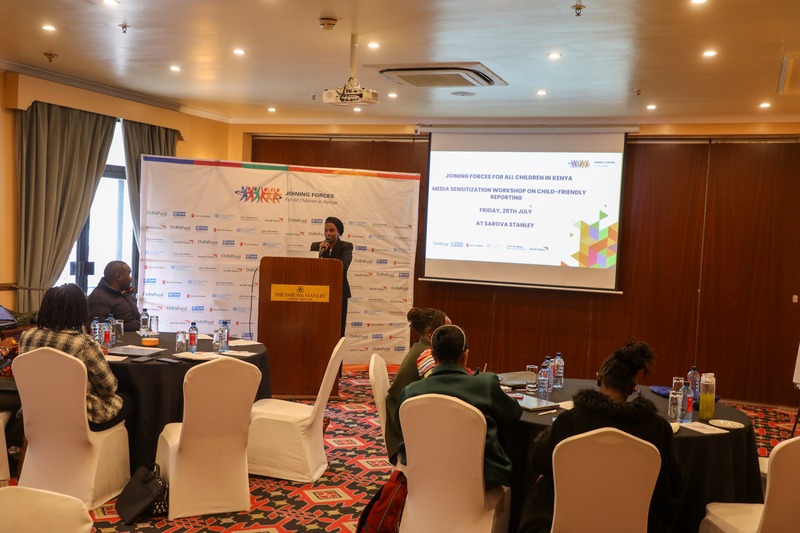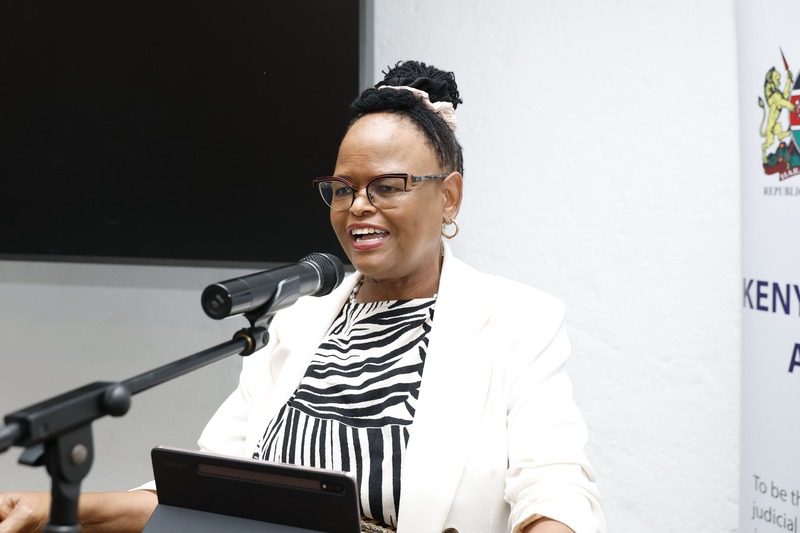Boda Boda operators urge Parliament to halt motorcycle regulation Bill, warn of economic fallout

The Boda boda riders are now calling on legislators to end what they describe as a legislative assault on the working poor and instead initiate inclusive, sector-led dialogue.
Parliament has once again been urged to stop the proposed Public Transport Motorcycle Regulation Bill, 2025, as boda boda operators warn that it threatens to destroy livelihoods and cripple one of Kenya’s most vital economic sectors.
Despite the Bill’s sponsor, Kakamega Senator Boni Khalwale, seeking to withdraw it following widespread public backlash, the National Assembly has decided to proceed, citing a majority vote in favour of continued deliberation.
More To Read
- BAK slams Prof Makau Mutua’s call to ban boda bodas in major towns and cities
- Presidential advisor Makau Mutua calls for boda boda ban in Kenyan cities, major towns
- Boda Boda riders distance themselves from June 25 protests, call for calm
- Tension high in Nairobi as protesters, boda boda riders clash in CBD, motorcycles set ablaze
- National Assembly rejects withdrawal of boda boda regulation Bill
- Boda boda operators threaten Nationwide protests over Senate Bill
Boda boda operators are now calling on legislators to end what they describe as a legislative assault on the working poor and instead initiate inclusive, sector-led dialogue.
Appearing before the National Assembly’s Committee on Transport and Infrastructure on Thursday, the Boda Boda Safety Association of Kenya (BAK) dismissed the Bill as punitive, exploitative, and disconnected from the daily realities of thousands of riders who depend on the sector to make a living.
“This Bill doesn’t bring safety—it brings suffering. It doesn’t protect livelihoods—it threatens to wipe them out. This Bill isn’t fixing anything. It’s a solution in search of a problem—and it risks undoing years of progress by burying riders under red tape, fees, and fear,” said BAK President Kevin Mubadi.
Misunderstood, unfairly targeted
He emphasised the economic and social importance of the boda boda sector, which he said has long been misunderstood and unfairly targeted.
“The boda boda sector is not a threat. We are not criminals. We are fathers, mothers, sons, and daughters. We are job creators and community builders. This Bill is a betrayal of our efforts, our struggles, and our contribution to the economy,” he said.
The Bill proposes several measures, including the creation of 47 County Motorcycle Safety Boards, mandatory sacco membership, GPS tracking of motorcycles, and formal employment contracts between riders and motorcycle owners. It also seeks to restrict load weights to 50 kilograms and introduces steep penalties for violations.
However, BAK argues that the Bill duplicates existing functions of the National Transport and Safety Authority (NTSA) while increasing riders’ financial and bureaucratic burdens.
“Why are we being asked to register again, to pay again, to verify again? This is not a regulation. This is punishment. It’s taking the little we earn and giving it to bureaucrats and cartels,” Mubadi said.
He also criticised the proposed weight limits, saying they would disproportionately hurt rural communities and small-scale traders.
“A sack of maize weighs more than 90kg. This law would criminalise the transport of food. It would harm farmers, kill small businesses, and starve rural Kenya,” he said.
Voluntary participation
On the requirement for all riders to join saccos, BAK stressed the need for voluntary participation.
“We are not against organisation, but it must be voluntary, not forced. This is how cartels begin. This is how dreams are killed,” said Mubadi.
He warned that other proposed requirements, such as GPS tracking and standardised uniforms, would only increase costs and worsen conditions for riders already struggling to stay afloat.
“We are barely surviving as it is. Now you want to make us pay for trackers, for coloured jackets, for registration twice over, for approvals we don’t need? This is not regulation—it is exploitation wearing the mask of policy,” he said.
BAK also cautioned that devolving regulatory authority entirely to counties would lead to confusion and inconsistent enforcement, contradicting the goals of the NTSA Act.
Call for review
The association is now calling on Parliament to suspend the Bill and instead undertake a comprehensive, participatory review of existing transport laws, including the Traffic Act and the NTSA Act, with input from boda boda stakeholders.
In response to public concern, Parliament has pledged to hold forums for public participation to engage stakeholders and consider amending controversial provisions.
If passed, the law would require county governments to establish motorcycle transport and safety boards responsible for registration, training, and oversight of operators.
Riders would also be subject to mandatory training on safety, etiquette, and emergency response.
Other proposals include a Sh20,000 fine for riding on pedestrian walkways and a Sh100,000 fine—or a one-year jail term—for riders found colluding to cause harm.
Parliament noted that the Kenya Bureau of Standards, the Digital Boda Association, and a ride-hailing company have expressed support for the Bill, with suggested amendments.
However, the Boda Boda Safety Association of Kenya has “outright rejected the Bill, calling it harmful to livelihoods.”
Top Stories Today



